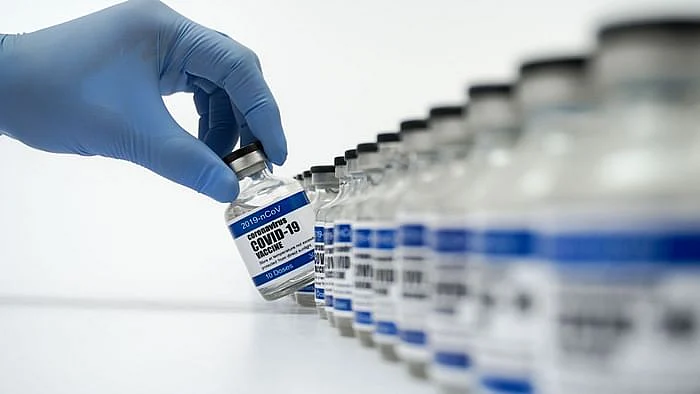Amid concerns over the unintended consequences of the AstraZeneca vaccine, the World Health Organisation on Wednesday, 7 April, said a link between the shot against COVID-19 and occurrence of blood clots with low platelets was plausible, but not confirmed.
Stressing that the occurrence of blood clots was very rare, the WHO said, “Based on current information, a causal relationship between the vaccine and the occurrence of blood clots with low platelets is considered plausible but is not confirmed.”
Meanwhile, after studying 86 cases in the European Economic Area, the European Medicines Agency (EMA) said that within two weeks of being administered the AstraZeneca jab, there was a "possibility of very rare cases of blood clots combined with low levels of blood platelets”.
However, EMA Executive Director Emer Cooke said that there is no evidence of risk factors such as age, gender, or history of clotting disorders.
UK Body Suggests Alternative to AstraZeneca for Under 30s
Additionally, the Medicines and Healthcare products Regulatory Agency in UK has suggested that those under 30-years of age be offered an alternative to the Astra Zeneca jab, owing to its rare but possible side effects.
The recommendation came after the drug regulator, following a review, found that 79 people had suffered rare blood clots after vaccination, out of which 19 had died.
The people who died were between 18 to 79 years of age, three of them were under 30-years, and nearly two-thirds of the rare clots were seen in women.
While the MERA could not establish a clear link between the jab and rare clots, it said that the “link was getting firmer”.
(At The Quint, we question everything. Play an active role in shaping our journalism by becoming a member today.)
